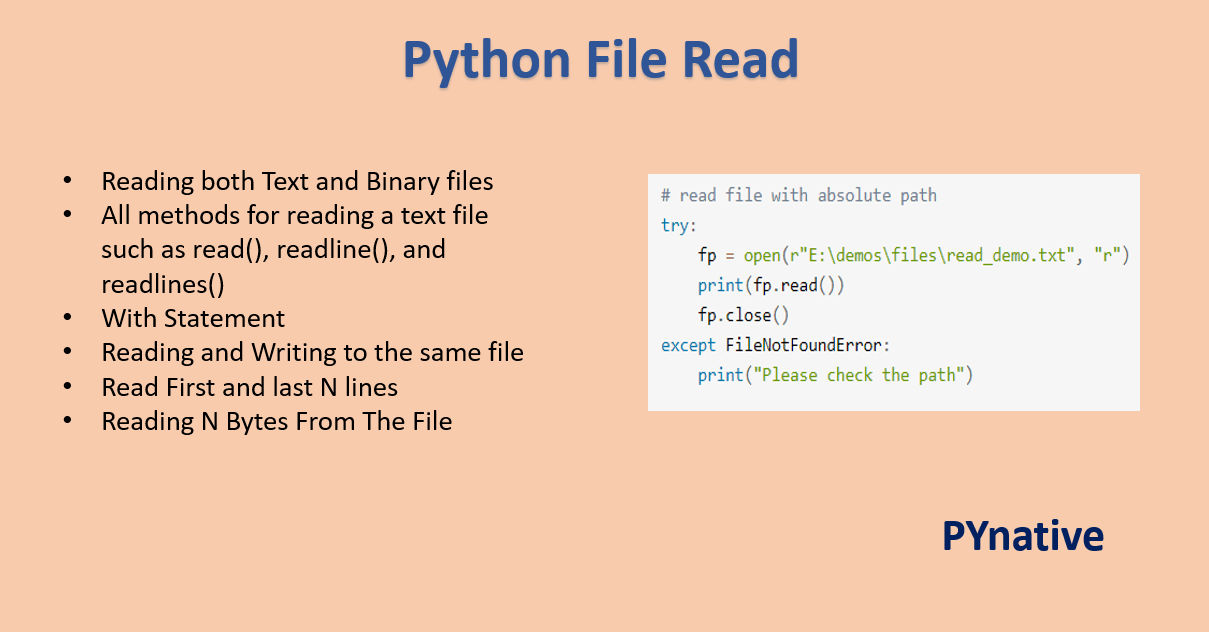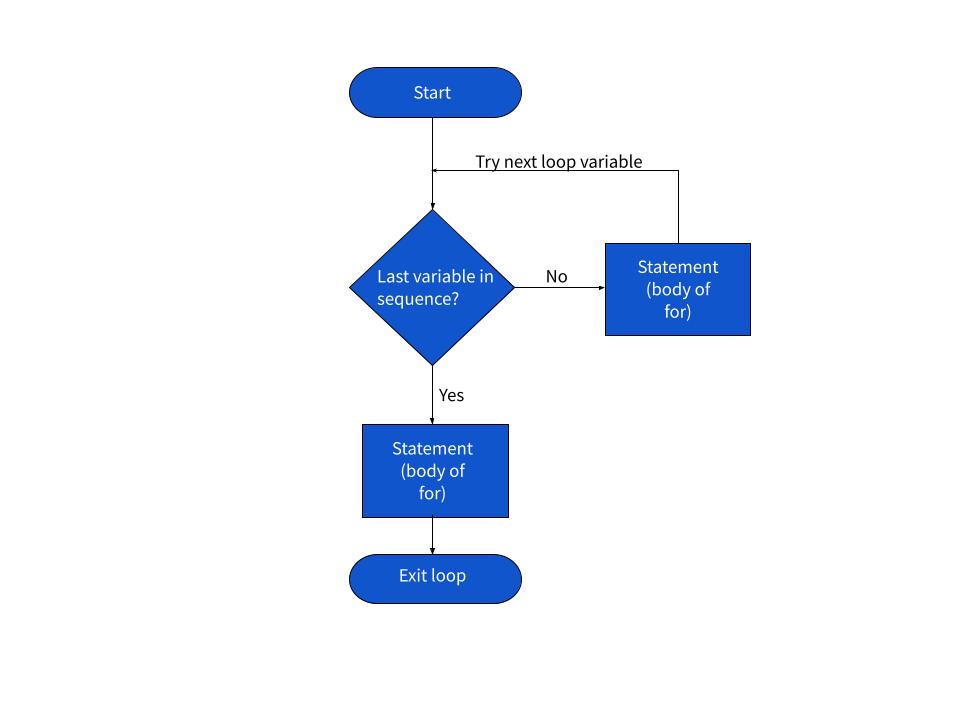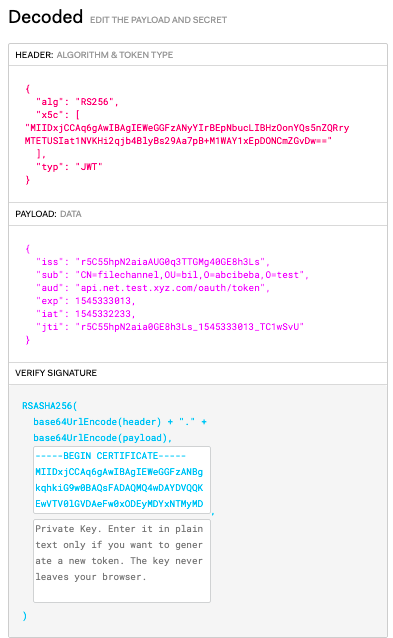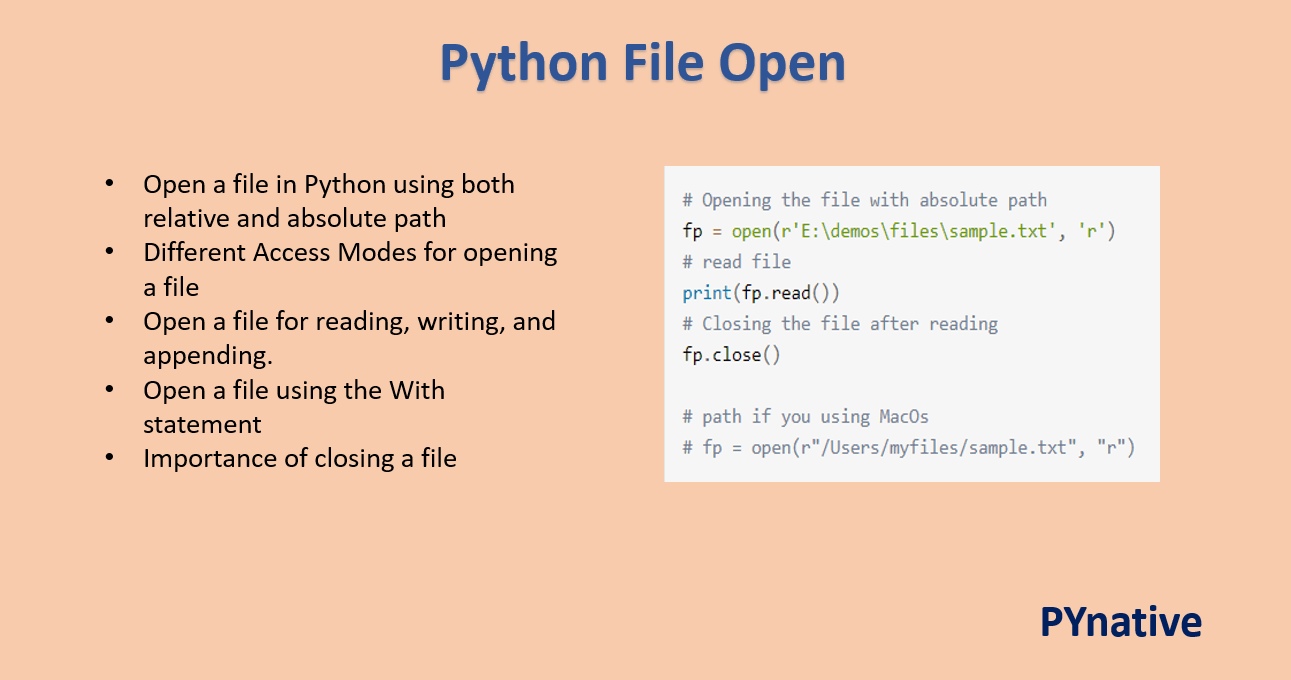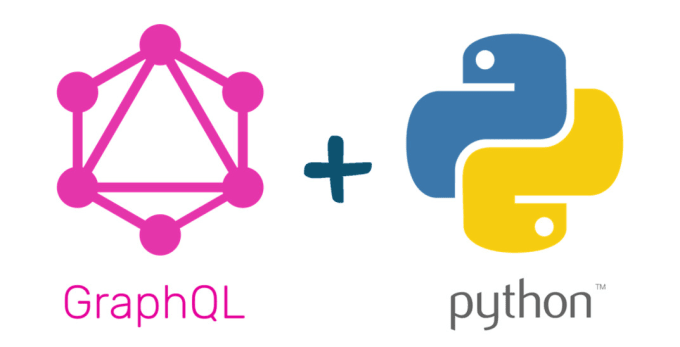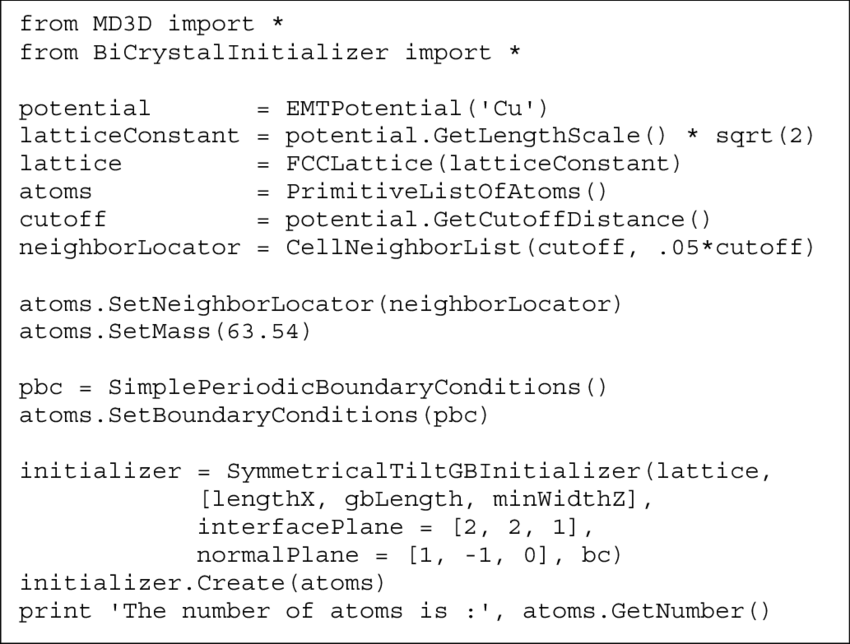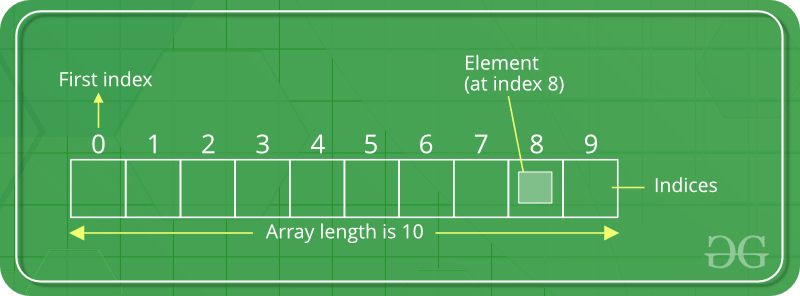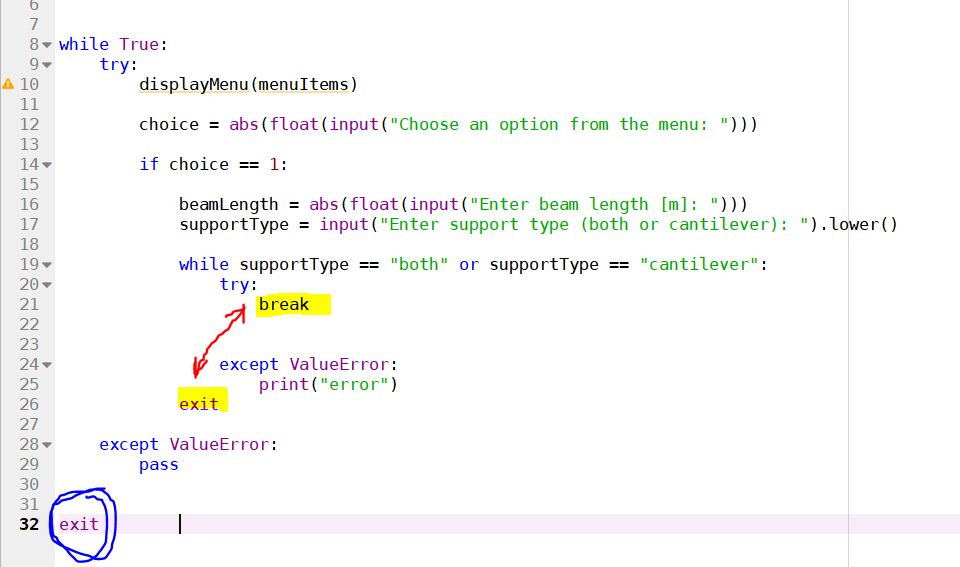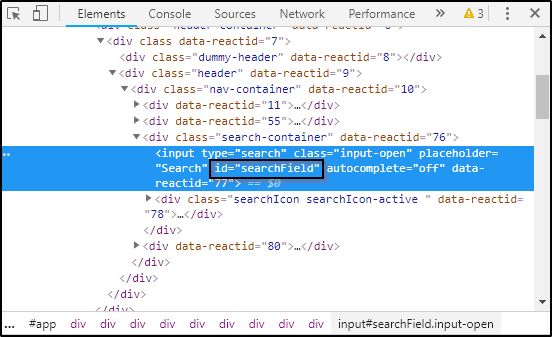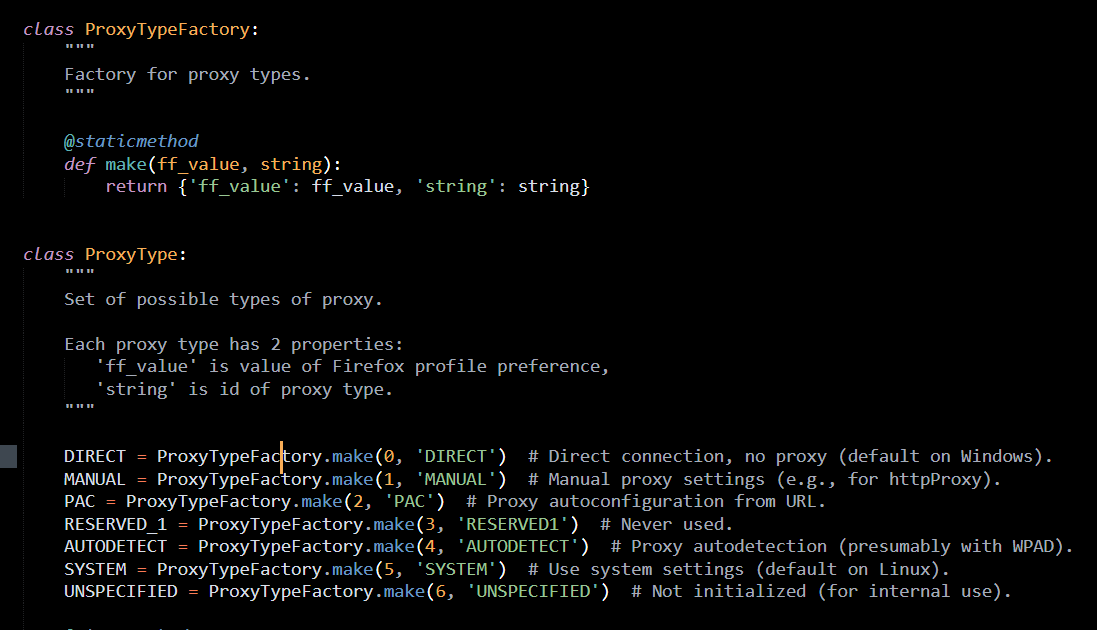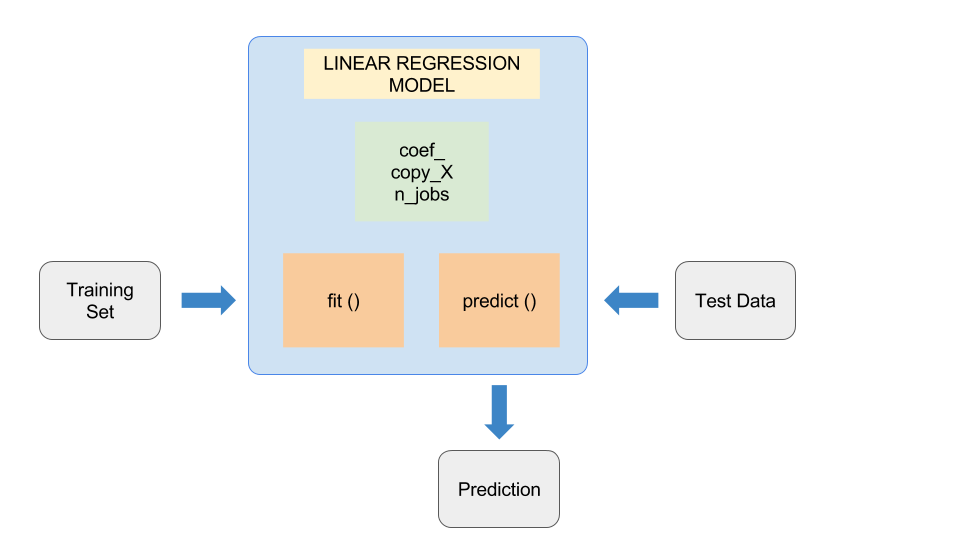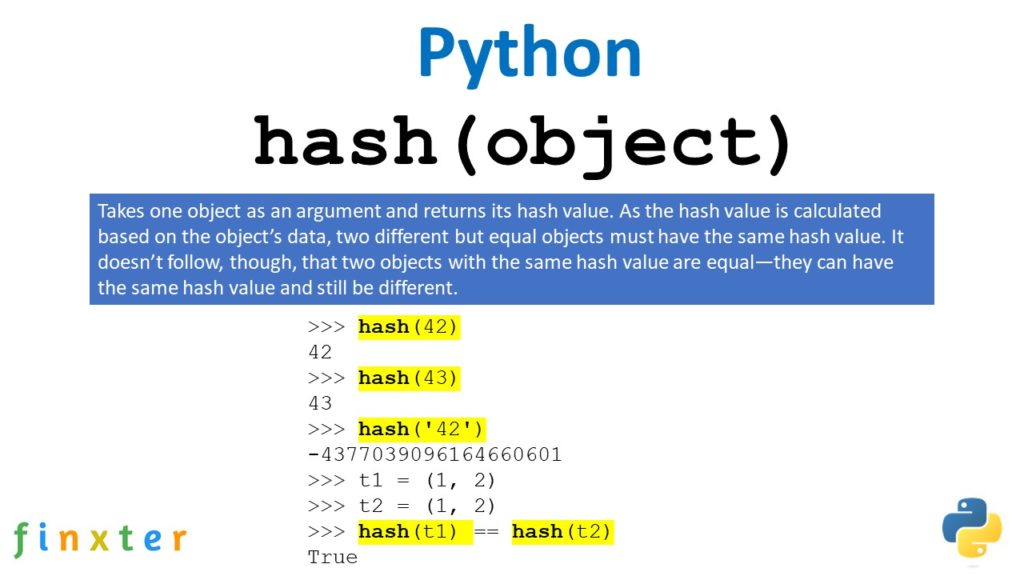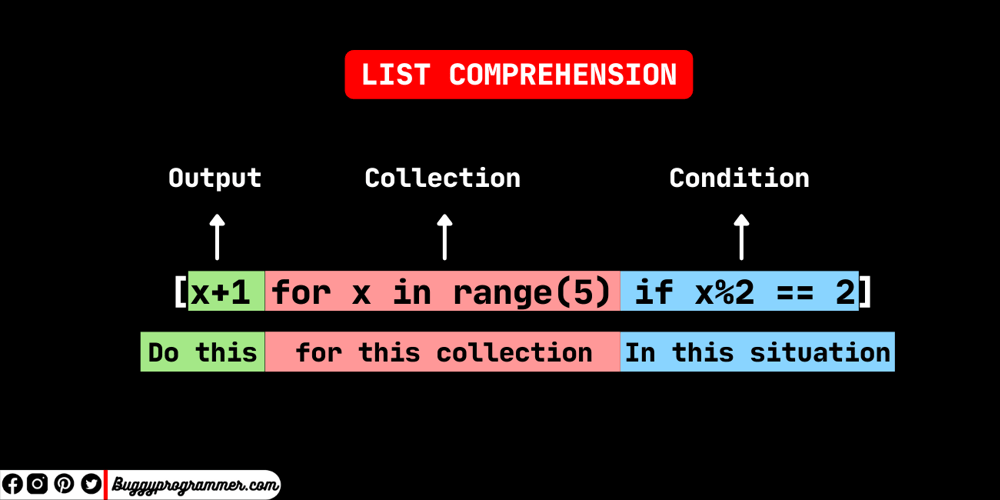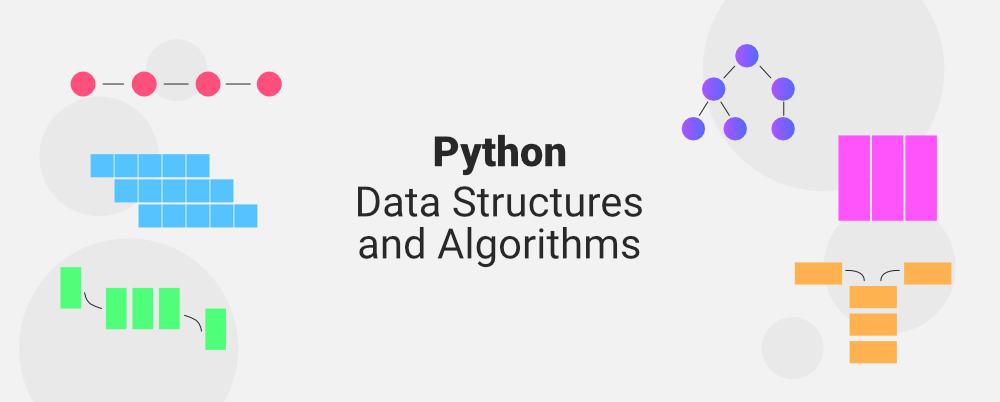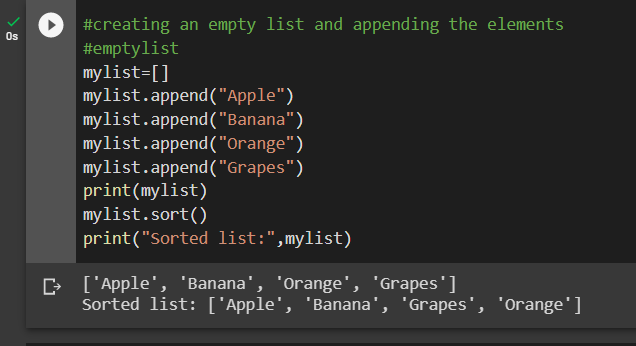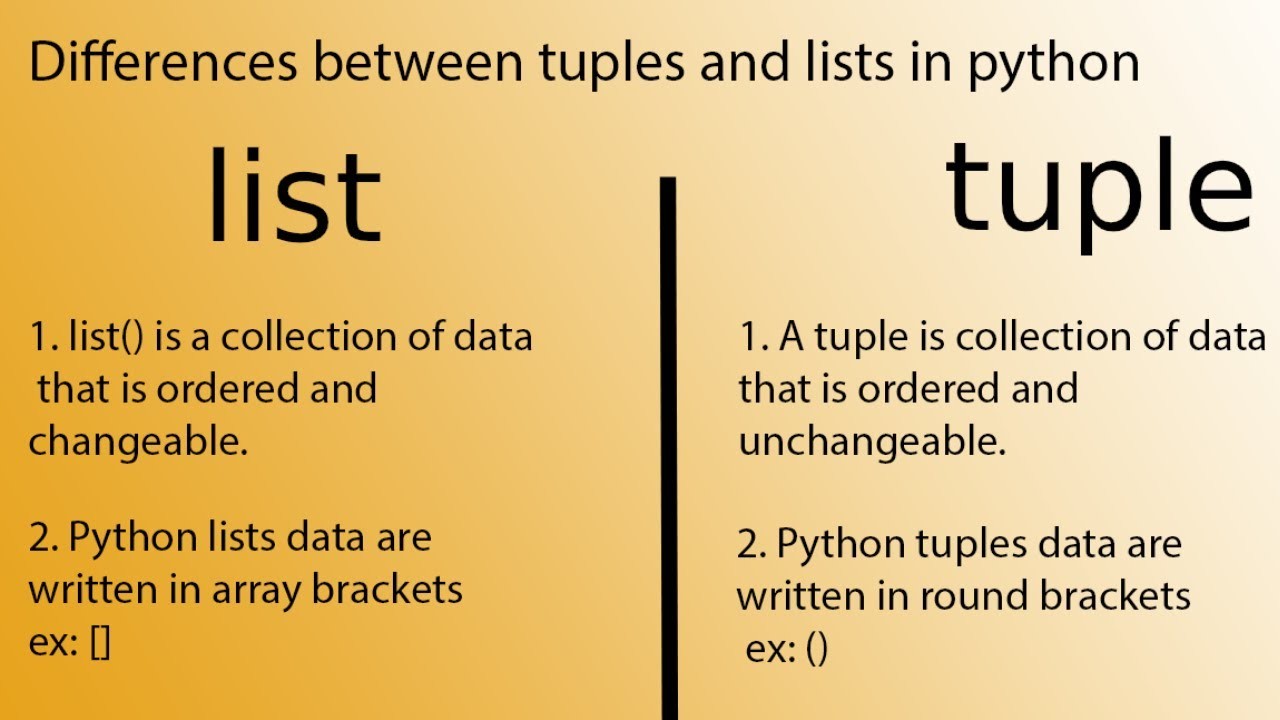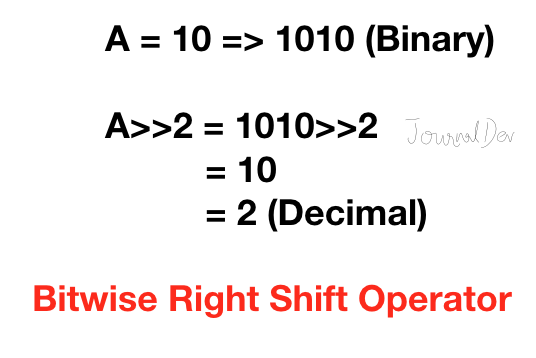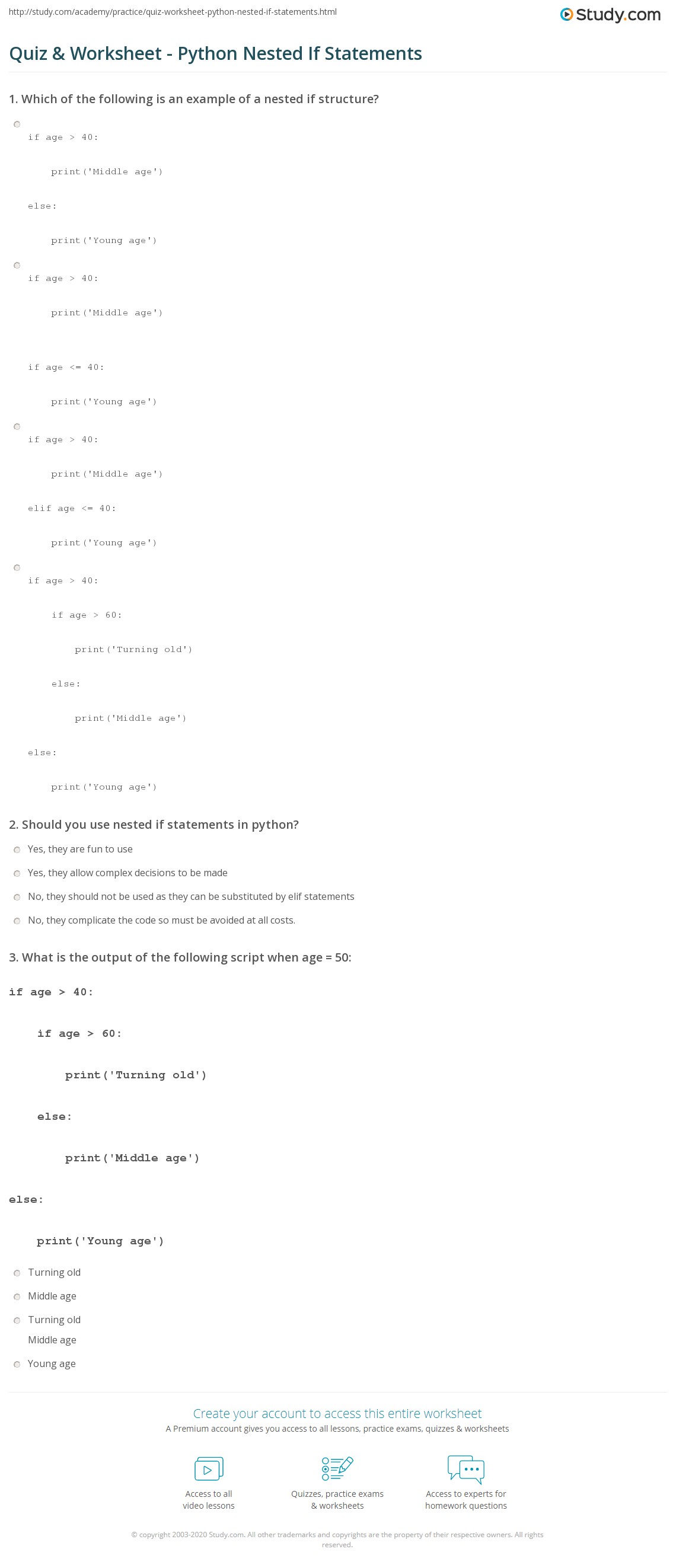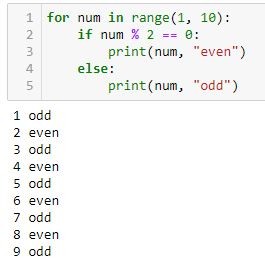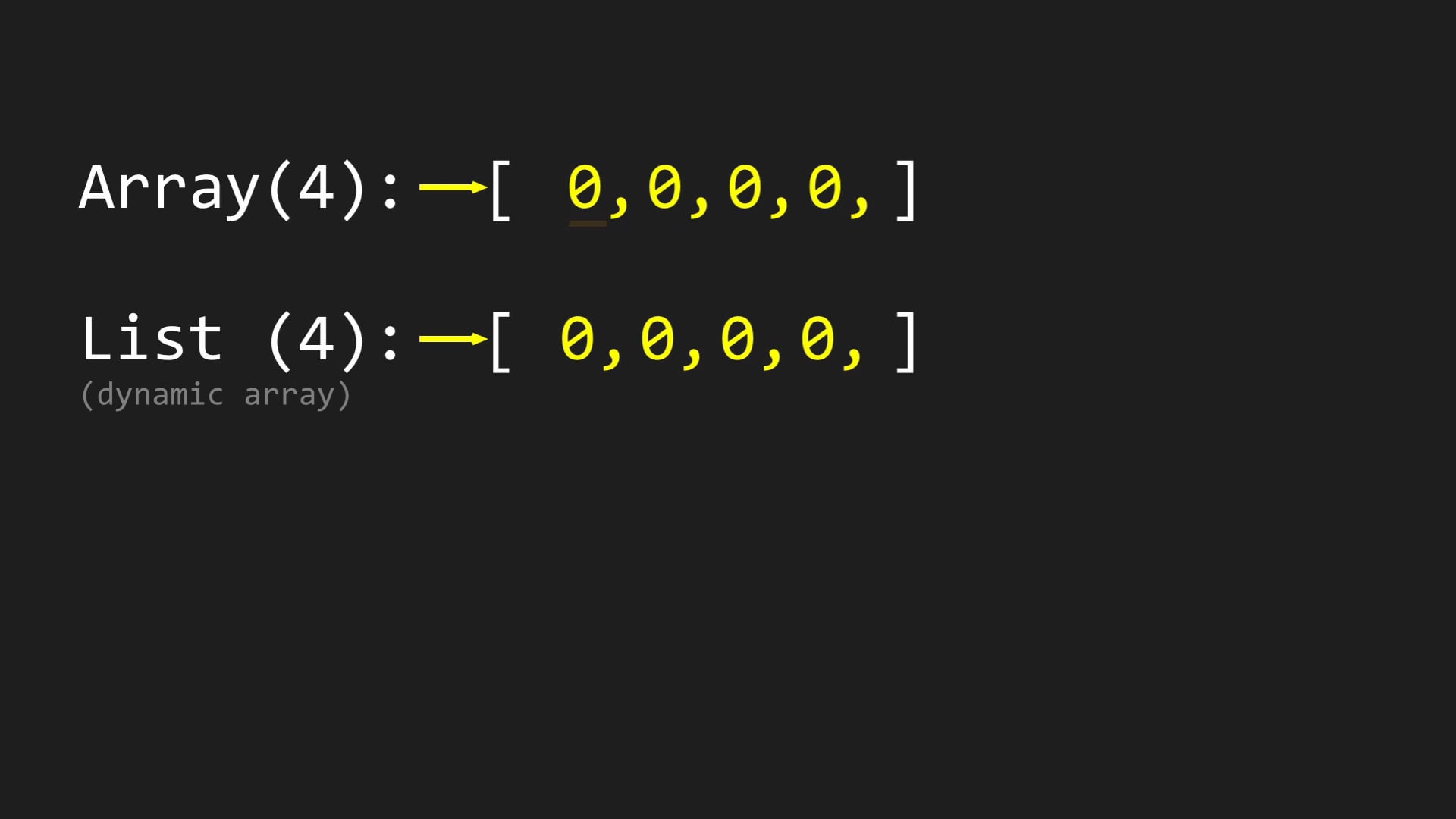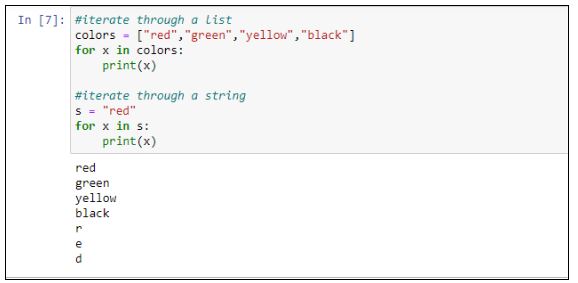How are modules found in Python?
How are modules found in Python?
In Python, there are several ways to find modules. Here's a comprehensive guide:
1. The import Statement
One of the most common and straightforward ways to load a module is using the import statement. For example:
import math
This loads the built-in math module, which provides various mathematical functions like sin, cos, etc.
2. Using the importlib Module
Python's importlib module provides more advanced import features. You can use the import_module() function to dynamically load a module:
import importlib.util
module_spec = importlib.util.spec_from_file_location("my_module", "/path/to/my/module.py")
module = importlib.util.module_from_spec(module_spec)
In this example, we're loading a custom module named my_module from the file /path/to/my/module.py.
3. Using the sys Module
The sys module provides functions to interact with Python's internal modules and paths. You can use the modules() function to list all loaded modules:
import sys
print(sys.modules)
This will print a dictionary of all currently loaded modules.
4. Scanning Directory for Modules
You can also scan a directory for Python modules using the os and imp (Import) modules:
import os
import imp
for file in os.listdir('/path/to/modules'):
if file.endswith('.py'):
module_name = file[:-3] # Remove .py extension
try:
import(module_name)
print(f"Loaded module: {module_name}")
except ImportError as e:
print(f"Error loading module: {e}")
This script scans the specified directory for Python files (.py) and attempts to import them. If successful, it prints a message indicating which module was loaded.
5. Using a Package Manager
If you're working with packages (directories containing multiple modules), consider using a package manager like pip or setuptools. These tools can handle dependencies and versioning for you.
In summary, Python provides various ways to find and load modules:
Using theimport statement for built-in or standard library modules Dynamically loading custom modules with importlib Interacting with the sys module to list or modify loaded modules Scanning directories for Python modules using os and imp Leveraging package managers like pip or setuptools
By understanding these methods, you'll be better equipped to manage your Python projects and dependencies.
python module vs package
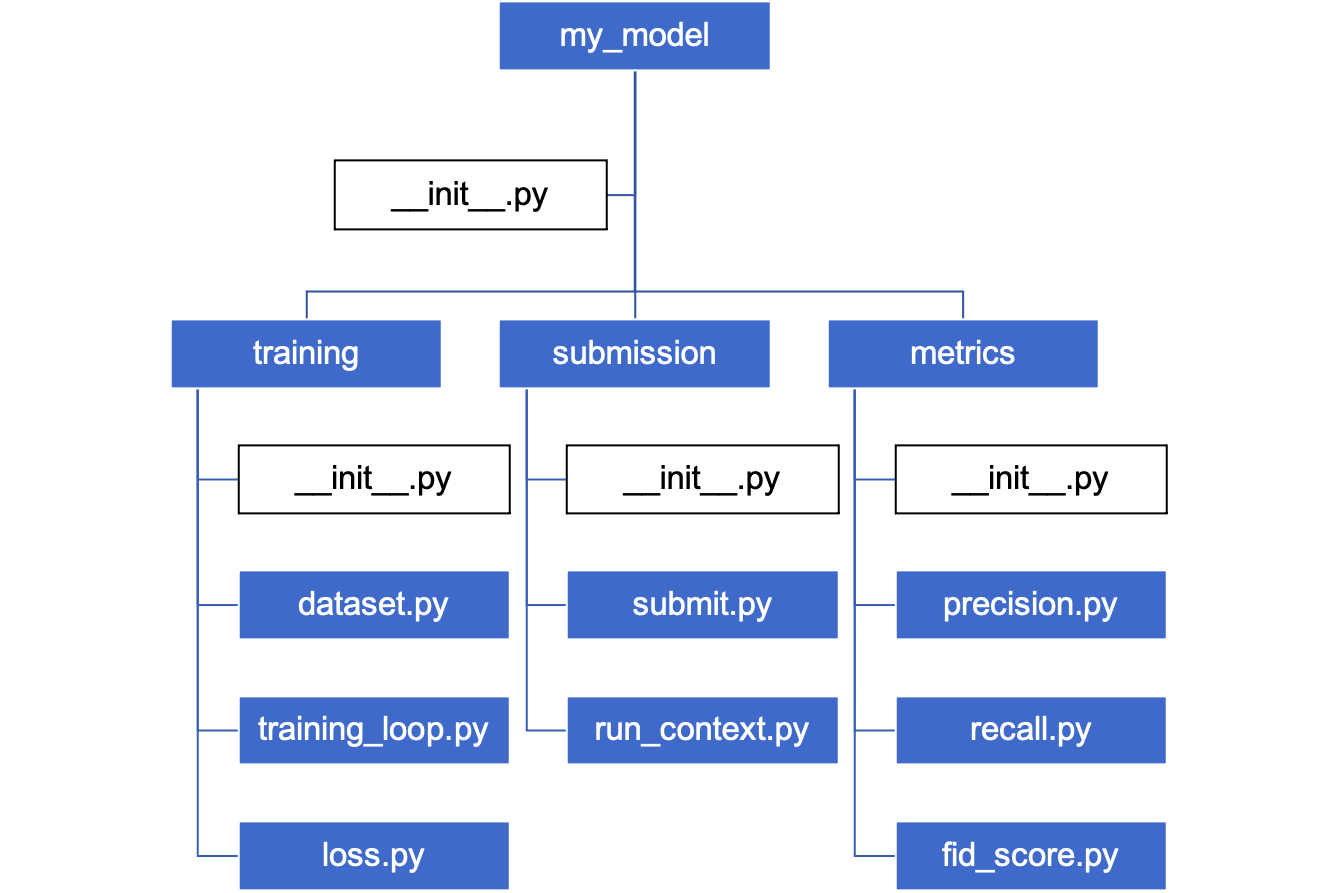
Python Module vs Package: A Detailed Explanation
When working with Python, you may come across the terms "module" and "package." While both are important concepts in Python development, they serve distinct purposes. In this article, we'll delve into the differences between a Python module and package.
What is a Python Module?
A Python module is a single file that contains Python code. It's a self-contained unit of code that can be imported into other Python programs. A module typically has a .py extension and includes functions, classes, variables, or statements that define a specific piece of logic. Modules are designed to be reusable, allowing you to easily share code between projects.
Key Characteristics of a Python Module:
Single File: A module is a single file with a.py extension. Self-Contained: A module contains its own logic and can be used independently. Reusable: Modules are designed to be reusable, making it easy to share code between projects.
What is a Python Package?
A Python package is a directory that contains multiple related modules. A package typically has a .py or .pkg extension (although the latter is not recommended). Packages are designed to group related modules together, providing an organizational structure for your code.
Key Characteristics of a Python Package:
Directory: A package is a directory that contains multiple files. Multiple Modules: A package typically includes multiple modules (Python files) with related functionality. Organization: Packages provide an organization structure for your code, making it easier to manage and reuse.Key Differences between Python Modules and Packages:
Single vs Multi-file: Modules are single files, while packages contain multiple files (modules). Scope: Modules are self-contained, whereas packages have a broader scope, grouping related modules together. Reusability: Both modules and packages can be reusable, but packages provide an organizational structure for your code.When to Use Python Modules:
Small Code Snippets: When you have a small piece of code that's not part of a larger project, a module is suitable. Reusable Functions or Classes: If you've written reusable functions or classes, consider creating a module for them. Experimental Code: If you're testing new ideas or experimenting with code, a module can be a good way to keep your code organized.When to Use Python Packages:
Large Projects: When working on large projects, packages provide an organizational structure for your code. Related Modules: If multiple modules are related and share functionality, consider grouping them into a package. Reusable Code Libraries: If you've developed reusable libraries or frameworks, packaging them makes sense.In conclusion, Python modules and packages serve distinct purposes in the world of Python development. While both can be reused, modules are designed for single-file code, whereas packages provide an organizational structure for multiple related files (modules). By understanding the differences between modules and packages, you'll be better equipped to create reusable and organized code.

